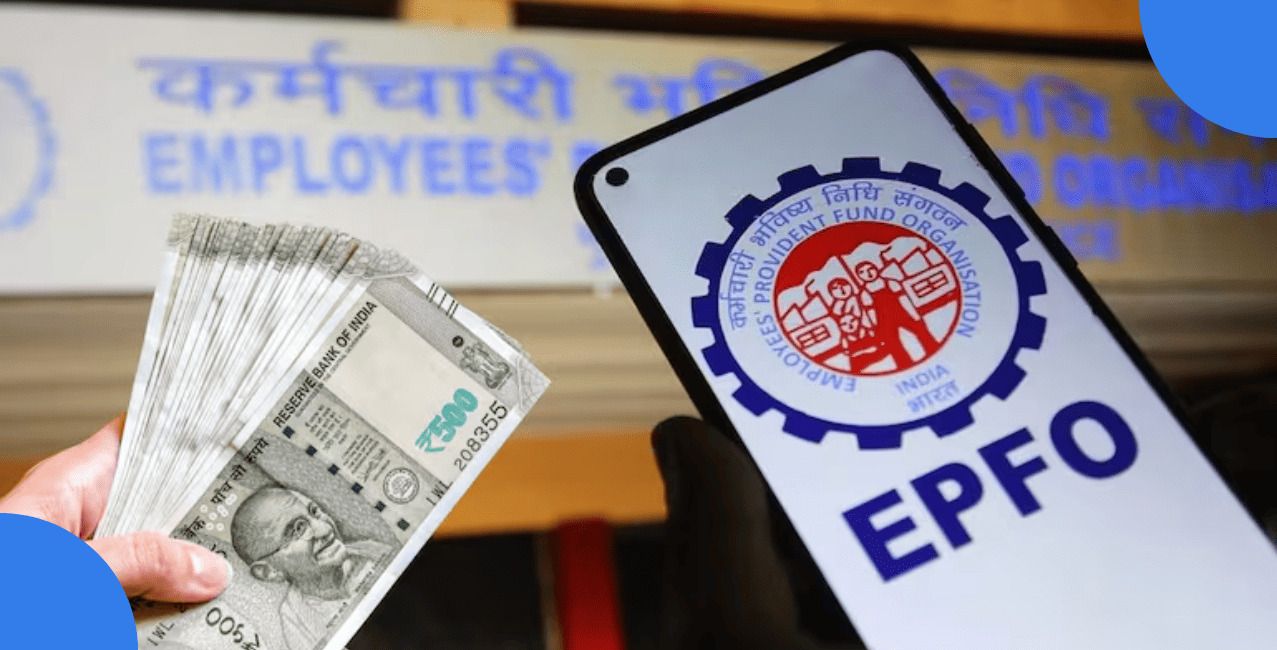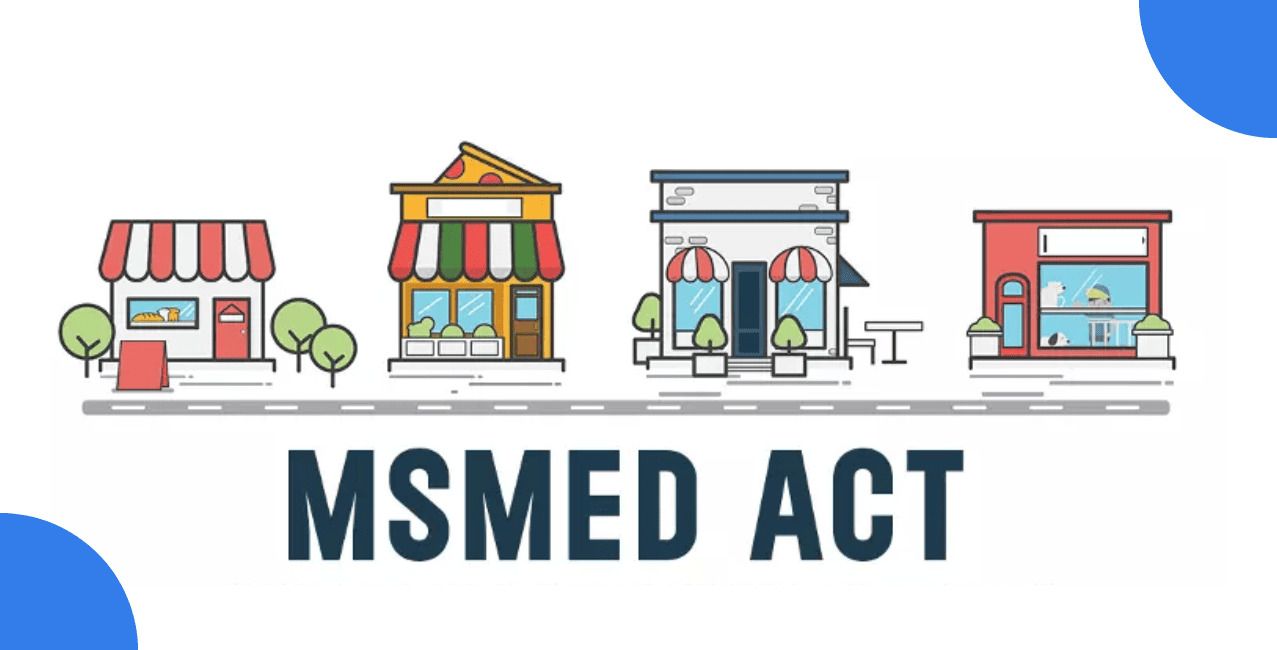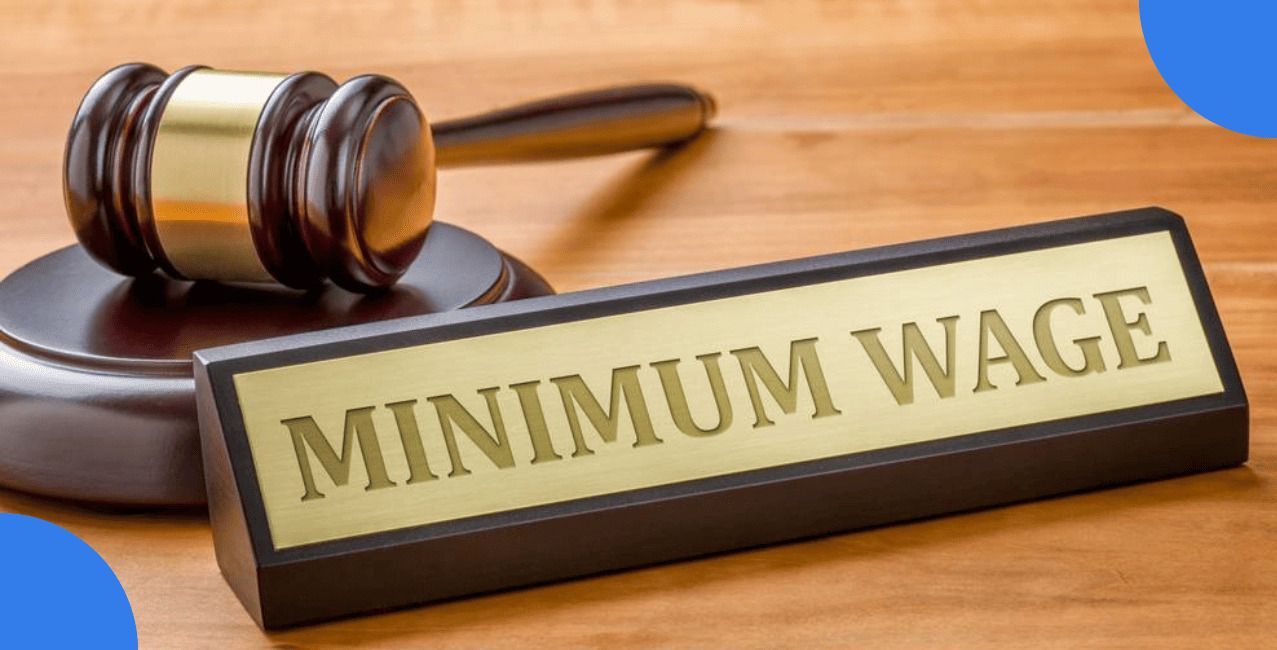8 Common Business Loan Scams to Watch Out for in 2025
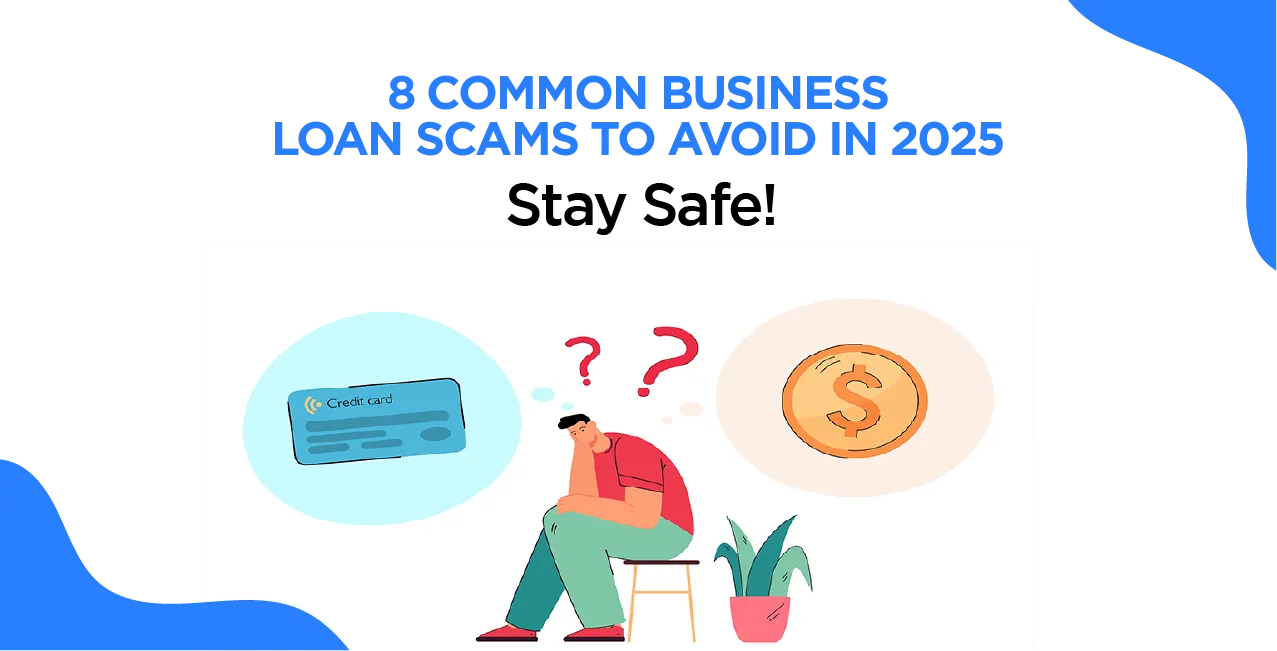
Check Your Loan Eligibility Now
By continuing, you agree to LoansJagat's Credit Report Terms of Use, Terms and Conditions, Privacy Policy, and authorize contact via Call, SMS, Email, or WhatsApp
In 2024, a small business owner in Kerala received a call offering a quick loan of ₹15 lakh. Desperate to expand his enterprise, he provided personal and financial details without thorough verification. His bank account was drained within days, and the promised loan never materialised. This incident is not isolated.
According to the Reserve Bank of India, banking fraud cases surged by 27% in the first half of the financial year 2024-25, with 18,461 cases amounting to ₹21,367 crore. Such alarming statistics highlight the pressing need for business owners to be vigilant against loan scams.
With average loan amounts ranging from ₹10 lakh to ₹1 crore, the stakes are high depending on the type. Understanding common fraud tactics is essential to safeguard your business's financial health in 2025.
Fake Lenders Offering Instant Approvals
Rahul, a small business owner in Mumbai, needed funds to expand his retail store. One day, he received a call from a so-called loan provider offering an instant business loan of ₹15 lakh without any paperwork.
The deal seemed too good to be accurate, but the lender assured him they had a "special scheme" running for small businesses like his.
Rahul agreed and shared his details. Within days, the fraudster disappeared, leaving Rahul to deal with unauthorised transactions from his bank account. Unfortunately, this type of scam is becoming common in India.
Many fake lenders claim to provide quick loans with no credit checks or lengthy processes. However, genuine lenders always check your eligibility before approving a loan.
Read More - Loan Fraud in the Digital Age
In India, the average business loan ranges from ₹10 lakh to ₹20 lakh, and debt consolidation loans can go up to ₹30 lakh. If someone offers an instant loan without verifying income or business turnover (which is usually ₹1 crore to ₹2 crore for business loans), it is a red flag.
How to Stay Safe:
- Verify the lender’s details on official RBI or bank websites.
- Never share personal information with unknown callers.
- Check if the lender has a physical office and registered business credentials.
- Read customer reviews before applying for a loan.
2. Upfront Fee Scams: Paying Before You Receive the Loan
Manoj, a software entrepreneur in Bangalore, needed an overdraft of ₹20 lakh for his business. While searching online, he found a website offering quick approvals with "low interest rates."
The lender asked for an upfront processing fee of ₹1.5 lakh, claiming it was refundable after loan disbursal. Excited by the offer, Manoj paid the amount. However, the lender vanished after the payment, and no loan was sanctioned.
This is a common trick fraudsters use. They promise big loans but first demand a processing fee, insurance, or security deposit. Once the payment is made, they cut off all communication.
Difference Between Real and Fake Loan Processing Fees
Criteria | Legit Lenders | Fraud Lenders |
Processing Fee | 1-2% of the loan amount deducted from the sanctioned loan | Asked upfront before loan approval |
Loan Agreement | Signed before payment | No formal agreement |
Registration Details | Listed on the RBI website | No official presence |
Customer Service | Verified email, phone & office | Only online chat or unknown numbers |
How to Stay Safe:
- Never pay any fee before the loan is disbursed.
- Check if the lender deducts the fee from the loan amount rather than asking for advance payments.
- Always verify the lender’s registration with RBI or SEBI.
- Be cautious of lenders who do not have a proper office address or customer support.
3. Fake Government Loan Schemes
Many scammers use fake government loan schemes to trick business owners. They promise "special government business loans" with high amounts ranging from ₹50 lakh to ₹1 crore at very low interest rates.
These fraudsters often use fake documents that look official and charge a hefty "processing fee" to process the loan.
Signs of Fake Government Loan Scams:
- The scheme is not listed on official government or bank websites.
- The fraudster asks for an upfront fee.
- The contact details are not from any recognised government office.
- They claim "guaranteed approval," which accurate government schemes do not promise.
How to Stay Safe:
- Visit the official websites of RBI, SIDBI, and government banks for verified schemes.
- Never trust messages or calls claiming "special" government-backed loans.
- Check with your local bank or financial advisor before proceeding.
4. Loan Against Collateral Fraud
Sometimes, scammers offer "secured loans" and ask for collateral, such as property documents, gold, or even bank account details. Once they receive the documents, they either disappear or misuse them to take loans in your name.
Example: Amit, a trader from Delhi, needed ₹20 lakh to expand his warehouse. A scammer posing as a bank officer asked for his property papers for loan verification. Later, Amit discovered that the fraudster had taken a loan against his property, leaving him in legal trouble.
How to Stay Safe:
- Never share original property papers without verifying the lender’s authenticity.
- Visit the lender’s physical office before submitting any documents.
- Always consult a legal expert before pledging assets.
5. Phishing Scams & Fake Loan Apps
With the rise of digital lending, fraudsters have started using fake loan apps that steal personal and financial information. They create apps that look real and promise quick loan disbursal. Once users enter their data, scammers misuse it for fraud.
Warning Signs:
- The app is not available on the official Google Play Store or Apple Store.
- The lender does not have a verified website.
- The app asks for unnecessary permissions, like access to contacts or messages.
How to Stay Safe:
- Download apps only from official app stores.
- Check the app reviews and developer details before installing.
- Avoid sharing banking passwords or OTPs on unknown platforms.
6. Identity Theft Through Fraudulent Applications
Fraudsters steal personal details and apply for loans in someone else's name. They get the loan amount, but the victim has to repay it. Many people do not know about the fraud until they see a drop in their credit score or get a notice from the bank.
Example: Ravi, a software engineer earning Rs 80,000 monthly, got a notice for a Rs 20 lakh personal loan he never took. His PAN card and Aadhaar were misused. He spent months proving the fraud and clearing his name.
How Fraudsters Do It:
- They collect personal details from social media, job portals, or fake websites.
- They use stolen details to apply for loans online.
- They transfer the loan amount to their accounts and disappear.
How to Protect Yourself:
- Do not share PAN, Aadhaar, or bank details online.
- Check your credit report every few months.
- Use strong passwords for banking apps.
- Report any suspicious activity to your bank immediately.
7. Loan Phishing Scams: Fake Emails and Calls
Fraudsters pretend to be from a bank or financial company. They call or email you with fake loan offers. If you share your details, they use them to steal money or take loans in your name.
Meera, a school teacher earning ₹50,000 monthly, received an email offering a personal loan of ₹10 lakh at just 5% interest. The email had a bank logo, so she trusted it.
She clicked the link, entered her PAN and Aadhaar, and even paid a "processing fee." The loan never came, but money was stolen from her account.
How to Identify a Phishing Scam:
- The offer looks too good to be true.
- The email or message has spelling mistakes.
- They ask for personal details or an advance payment.
- The email ID is slightly different from an actual bank's email ID.
How to Stay Safe:
- Never click on unknown email links.
- Do not share OTPs or personal details over the phone.
- Check the bank's official website for loan offers.
- If in doubt, visit the bank branch.
8. Too-Good-to-Be-True Interest Rate Scams
Scammers promise very low interest rates to attract borrowers. Once the borrower applies, they ask for processing fees, insurance fees, or tax payments before disbursing the loan. After collecting these payments, they disappear.
Example: Arun, a businessman with an annual turnover of ₹1.5 crore, wanted a business loan. A fraudster offered him a ₹30 lakh loan at 4% interest (actual rates are 10%-15%). Arun paid ₹ 1 lakh in "processing fees." After that, they stopped responding.
Real vs Fake Loan Rates
Loan Type | Real Interest Rate | Scam Interest Rate |
Personal Loan (PL) | 10% - 20% | 4% - 6% |
Debt Consolidation PL | 12% - 18% | 5% - 7% |
Overdraft | 11% - 15% | 3% - 5% |
Business Loan (BL) | 12% - 18% | 4% - 6% |
Home Loan (HL) | 8% - 12% | 3% - 5% |
Warning Signs of a Loan Scam:
- The lender is not a registered bank or NBFC.
- They ask for an upfront payment.
- No proper loan agreement is shared.
- They rush you to make a decision.
How to Avoid Getting Scammed:
- Always check RBI’s website for a list of registered lenders.
- Compare interest rates with accurate bank rates.
- Do not pay any upfront fees before loan approval.
- Read loan documents carefully before signing.
Average Loan Amounts and Income Requirements
Loan Type | Average Loan Amount | Expected Income |
Personal Loan (PL) | ₹10-20 lakh | ₹50,000/month |
Debt Consolidation PL | ₹15-30 lakh | ₹80,000/month |
Overdraft | ₹10-20 lakh | ₹75,000/month |
Business Loan (BL) | ₹10-20 lakh | ₹1-2 crore turnover |
Home Loan (HL) | ₹50 lakh - 1 crore | ₹75,000 - 1.5 lakh/month |
Pressure Tactics to Sign Loan Agreements Quickly
Some lenders force people to sign agreements without giving them enough time to read the terms. They use methods like:
- Limited-time offers: "This loan is only available today!"
- Urgent processing: "Sign now, or you will lose your approval!"
- False promises: "No need to check details, we guarantee the lowest interest!"
- Multiple calls and messages: Pressuring you to decide fast.
Also Read - Personal Loan Frauds
Example: Ramesh, a salaried professional earning ₹50,000 per month, applied for a personal loan of ₹15 lakh. The loan agent told him to sign quickly, saying the offer would expire in two hours.
Later, Ramesh found hidden fees and penalties in the agreement, which cost him an extra ₹2 lakh over five years.
How to avoid this:
- Always read the agreement properly.
- Never sign under pressure.
- Compare loan offers from multiple banks.
Unlicensed or Unregistered Loan Providers
Some loan providers operate without proper licenses. These lenders promise quick approvals but charge high fees, misuse your documents, or disappear after collecting upfront payments.
Signs of an unregistered lender:
- No website or physical office.
- No registration with RBI or NBFCs.
- Asking for upfront processing fees.
- No clear loan agreement
Loan Type | Avg Loan Amount | Avg Income Requirement |
Personal Loan (PL) | ₹10-20 lakh | ₹50,000 per month |
Debt Consolidation PL | ₹15-30 lakh | ₹80,000 per month |
Overdraft (OD) | ₹10-20 lakh | ₹75,000 per month |
Business Loan (BL) | ₹10-20 lakh | ₹1-2 crore turnover |
Home Loan (HL) | ₹50 lakh - ₹1 crore | ₹75,000 - ₹1.5 lakh per month |
Example: Priya, a small business owner, needed a ₹10 lakh business loan. A so-called "finance expert" asked her to pay ₹50,000 as processing fees before sanctioning the loan. She paid but never got the loan.
How to avoid this:
- Always check if the lender is registered with RBI.
- Never pay any upfront fees.
- Verify the lender’s address and reputation.
Loan Modification and Forgiveness Scams
Some fraudsters claim they can reduce your loan interest or help you skip payments for a fee. But once you pay, they disappear.
Common tricks:
- "Pay ₹10,000 now, and we will reduce your EMI!"
- "We can remove your loan from CIBIL reports."
- "Your loan is eligible for a government waiver; just pay a processing fee."
Example: Amit took a ₹30 lakh home loan. A caller claimed they could reduce his interest rate from 9% to 6% if he paid ₹25,000 in fees. Amit trusted them and paid. Later, he found out that banks never charge for such modifications.
How to avoid this:
- Contact your bank directly for any loan modifications.
- Never believe in "loan waivers" from unknown people.
- Report such frauds to the bank or RBI.
Conclusion
Scammers use various tricks to trap business owners into taking out fake loans. Whether it's instant approvals, upfront fees, or phishing scams, staying alert is the key. Always verify lenders, avoid paying fees before loan approval, and check government schemes on official portals.
If a deal seems too good to be true, it probably is. Stay safe, research well, and protect your business finances from fraud!
FAQs
How can I check if a lender is real or fake?
Before applying, verify the lender’s registration on the RBI website, check customer reviews, and visit their official office.Should I pay an upfront fee before getting a loan?
No, genuine lenders deduct processing fees from the sanctioned loan, not before approval. Never pay upfront.How do scammers trick business owners into loan fraud?
They promise quick approvals, low interest rates, and government-backed schemes, then ask for upfront fees or steal personal data.What should I do if I suspect a loan scam?
Report it to your bank, RBI, or cybercrime authorities. Avoid sharing personal details and stop communication with the scammer.
Other Business Loan Pages | ||
About the author

LoansJagat Team
Contributor‘Simplify Finance for Everyone.’ This is the common goal of our team, as we try to explain any topic with relatable examples. From personal to business finance, managing EMIs to becoming debt-free, we do extensive research on each and every parameter, so you don’t have to. Scroll up and have a look at what 15+ years of experience in the BFSI sector looks like.
Subscribe Now
Related Blog Post
Recent Blogs
All Topics
Contents
Quick Apply Loan
Consolidate your debts into one easy EMI.
Takes less than 2 minutes. No paperwork.
10 Lakhs+
Trusted Customers
2000 Cr+
Loans Disbursed
4.7/5
Google Reviews
20+
Banks & NBFCs Offers
Other services mentioned in this article


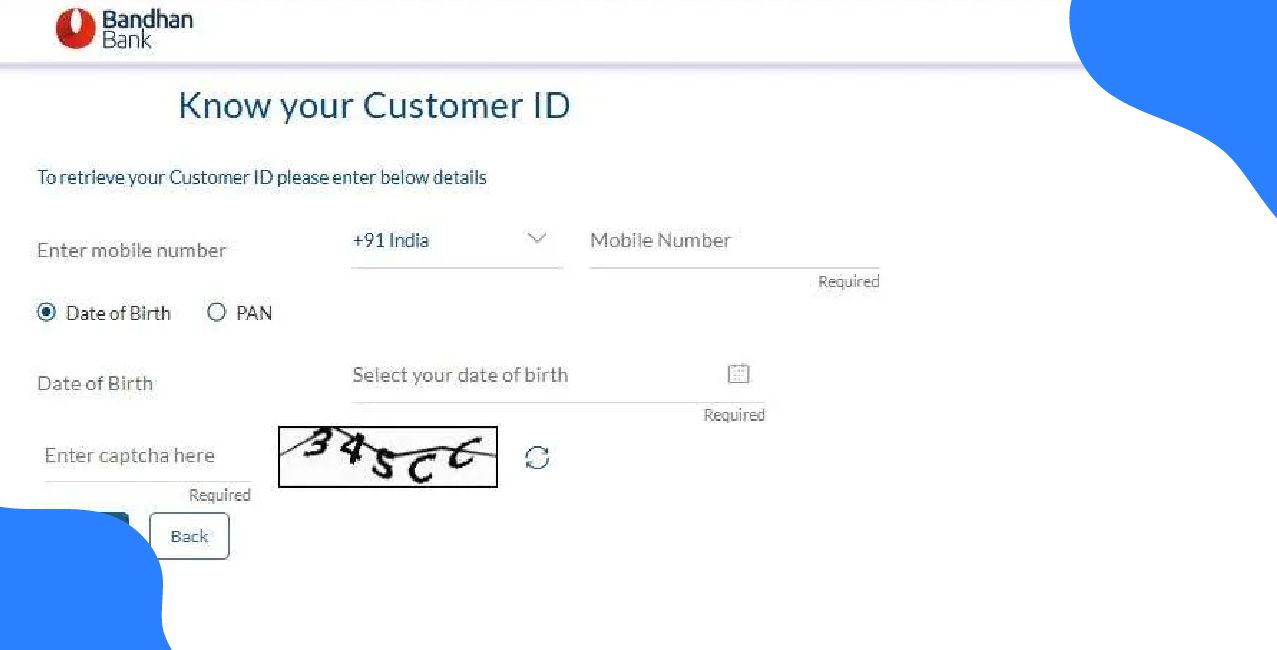
.png)
